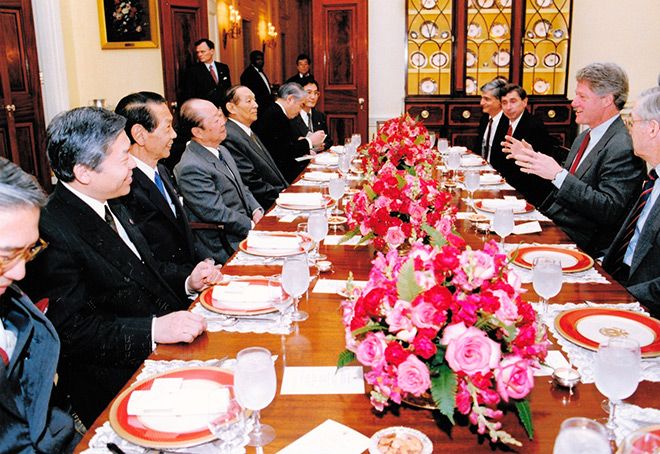






In a notable escalation of geopolitical tensions, China has attributed the incursion of a military aircraft into Japan's airspace on August 26, 2024, to an 'unexpected obstruction.' The Chinese Y-9 reconnaissance plane entered the airspace over the Danjo Islands, Nagasaki, for approximately two minutes, prompting Japan's Self-Defense Forces to scramble jets in response. Japan condemned the breach as 'totally unacceptable' and lodged a severe protest against the incident [aa6604c0].
This incident occurred just ahead of a likely meeting between Chinese President Xi Jinping and Japanese Prime Minister Shigeru Ishiba, who took office on October 1, 2024. Both leaders are expected to meet at the APEC summit in Peru on November 15-16 and the G20 summit in Brazil on November 18-19. Ishiba plans to raise concerns about China's military activities during these discussions [aa6604c0].
Initially, Beijing claimed there was no intention to breach Japanese airspace but later described the incident as 'completely accidental.' Japan, however, dismissed this explanation as 'nonsense' and demanded further clarification, highlighting the ongoing strain in diplomatic relations amid Japan's rearmament and closer ties with the US [aa6604c0].
This incident is part of a broader pattern of increasing military tensions in the region. Analysts, including Stephen Nagy from Tokyo's International Christian University, suggest that the airspace violation may serve as a warning to Japan and NATO allies regarding US military activities in the Indo-Pacific [36a77a10]. Furthermore, Japanese Ministry of Defence reports indicate a rising frequency of airspace violations, with 669 interceptions of foreign aircraft in the last financial year, 479 of which involved Chinese aircraft [28c2c641].
In a historical context, former Prime Minister Kiichi Miyazawa raised concerns about China's military ambitions during a Japan-U.S. summit in April 1993. He warned that while China’s economic growth could lead to military aspirations, it was not an immediate threat at the time. Miyazawa expressed skepticism about the relationship between rising living standards in China and the establishment of democracy, suggesting that economic development might not necessarily improve human rights. He noted that China would remain pacifist until after the 2000 Olympics, a stance that evolved as he became more wary of China's military expansion by 2001 [ff3fba1e].
In a related context, Chinese academics have been emphasizing the historical significance of the Ryukyu Kingdom, now Okinawa, in relation to China's national security and Taiwan reunification. A seminar held by Dalian Maritime University featured discussions on the Ryukyu issue, which is politically significant and requires preparation for potential risks [10d13a96].
As tensions continue to escalate, the implications of these developments are profound, with potential shifts in China's strategy towards Japan and the region as a whole. The US has expressed support for Japan following the airspace violation, reinforcing the importance of their alliance amid rising Chinese assertiveness [92a4e8b9]. These incidents collectively underscore the rising tensions between China and Japan, the implications of US military presence in the region, and the need for robust security measures to address emerging threats in both military and civilian contexts [fb804e5e].